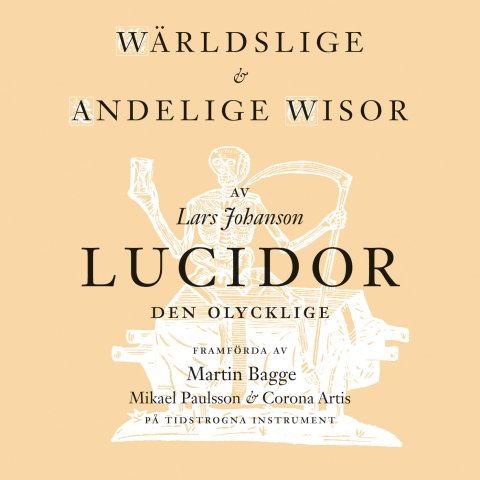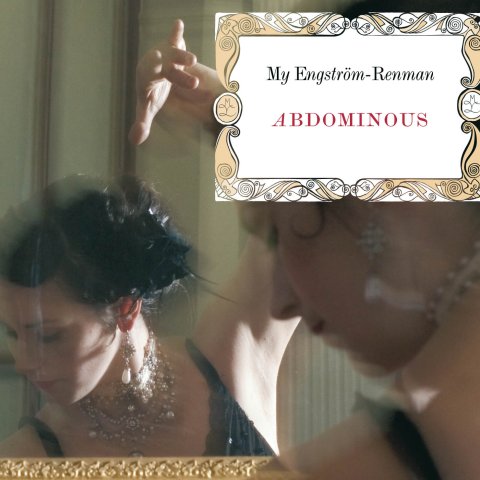Det vi saknar (Claes Andersson)
Hemligheter på vägen (Tomas Tranströmer)
Etude för sommarvind (Claes Andersson)
I grannkommunens källarvåning (Kristina Lugn)
Tag mig, håll mig (Harriet Löwenhjelm)
Han som vaknade av sång över taken (Tomas Tranströmer)
Tidens framfart (Claes Andersson)
Telegram för fullmånen (Cornelis Vreeswijk)
Det är vackrast när det skymmer (Pär Lagerkvist)
Dit jag längtar (Kristina Lugn)
The fact that Georg Riedel (b 1934) detested children’s songs when he was young would probably be a surprise to the great majority of us who mainly see him as the person who wrote the songs for the film versions of Astrid Lindgren’s children’s books as well as other writers’ texts for children. Astrid’s playful texts certainly were a perfect foil for the talents of one of Sweden’s most versatile musicians. Riedel’s work covers a wide range of styles. He was one of the musicians who created a veritable golden age for Swedish jazz back in the 1950s and 60s, and jazz has continued to be an important ingredient in his creative process, both as an instrumentalist (with a distinctly spacious tonal quality in his double-bass!) and as a composer and arranger. But his long list of credits includes opera and ballet music, pieces for orchestra and choir, and an impressive number of songs. This unique creative range has made Riedel popular and respected on all different levels—he was the recipient of two prestigious prizes by the Lars Gullin and Hugo Alfvén foundations in the course of the same year. You could say that he navigates nimbly and skilfully between the areas known as “genres”. But he prefers to regard the process as a kind of cross-pollination between various musical idioms. As a young student at the Royal College of Music in Stockholm, he took a few composition classes led by Karl-Birger Blomdahl, but then went on to develop his talent as a composer on his own—and when you consider his impressive body of work, it’s obvious that he made the right decision by going his own way.
A broad spectrum means incorporating various exciting influences, but Riedel places a premium on one aspect in particular. He has said: “Words and lyrics are my most important source of inspiration. To me, the lyrics are just as important as the music, and when it comes to performance, I prefer my songs to have an almost theatrical expression.” His daughter, Sarah Riedel, certainly embodies this ideal, with her many-facetted experience of singing and stage work. Georg Riedel’s sensitively rendered musical interpretations of poetry from various eras are something of a life project. This CD contains a selection that can be described as a brief anthology of poems by six different authors that range from the early 20th century to the beginning of this century, poems that all possess different characteristics of style. Do they have anything in common? Well, possibly that they express a desire for love, companionship, and a safe haven in life. The “Riedelian” tone language emphasizes the traits they share, while also doing justice to their distinctly individual differences.
(Bengt Emil Johnson)







